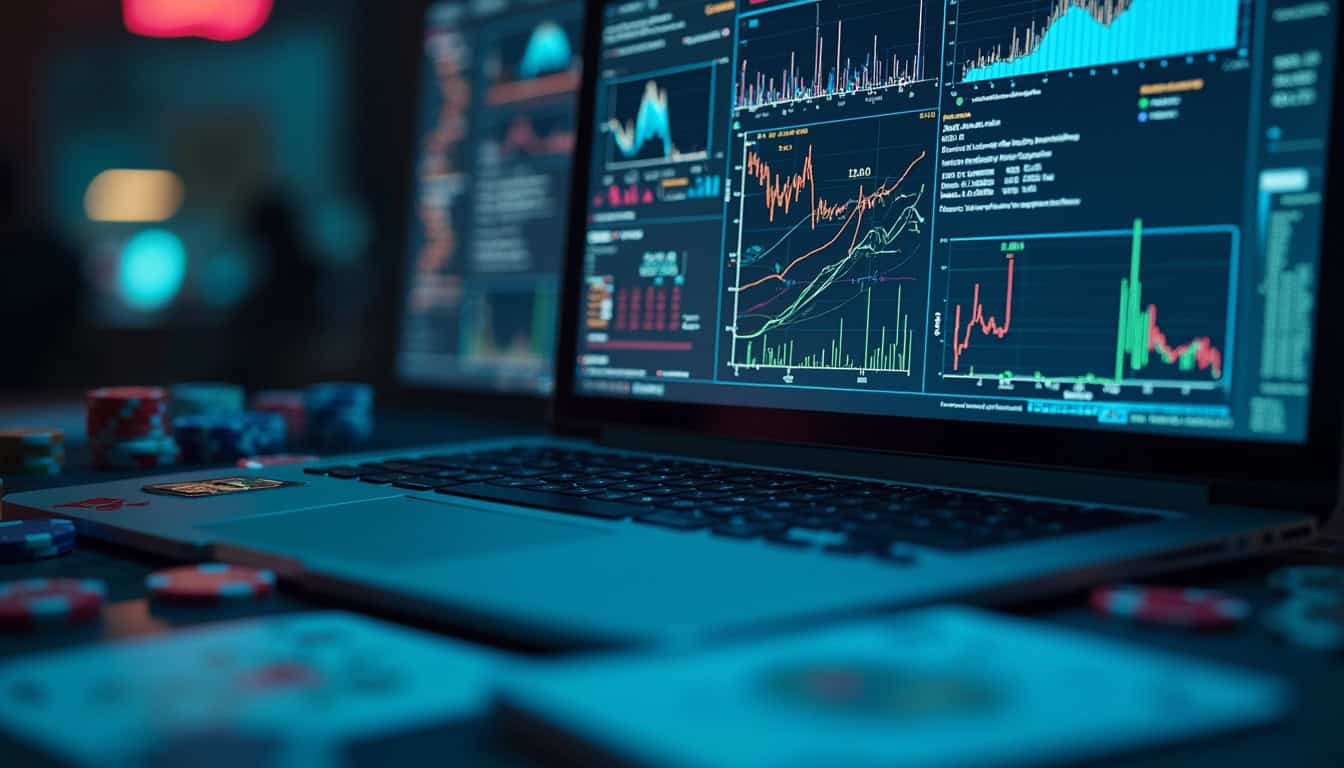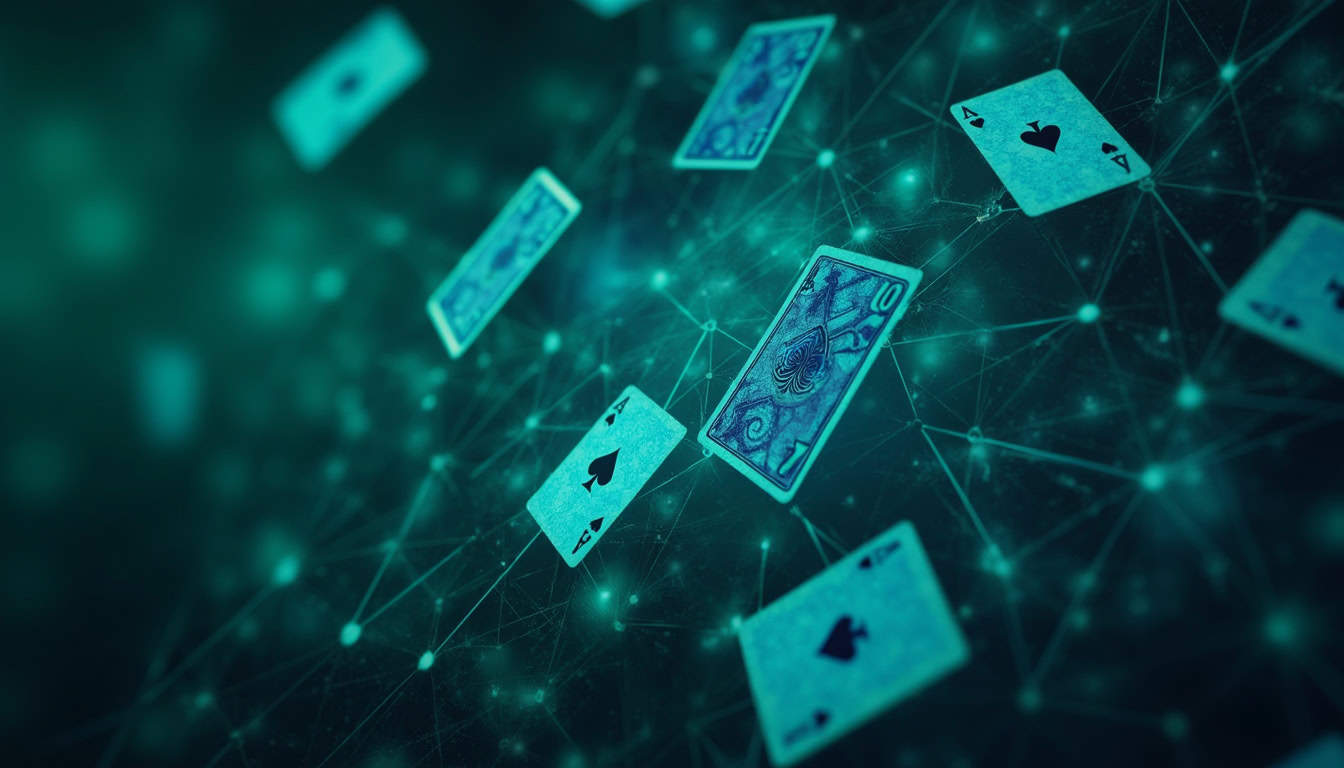I have lived through the whole of my working life with artificial intelligence, being a developer of poker bots. It is more than an interest; it is more like a full-time job. However, all those years of number crunching and scripting algorithms, and teaching machines how to think, or at least how to play, I have co-created some of the most up-to-date poker AI software. And believe me, these bots do not fool around.

The best thing about AI poker is that it changes its dynamics completely. Strangely enough, the first one to really lead me off in a direction totally different from anything was poker AI, and, of course, yes, I had some background on probability theory and statistics but the challenge was way bigger than merely understanding odds themselves; something like teaching a machine how to learn bluffing, recognizing patterns, and reacting upon unpredictability—things thought to be exclusively human.
But, as it would later turn out, machines are actually very good at poker. From the days when the programs could hardly keep track of a hand, poker bots are taking the game to out-think even the most experienced professionals. This was precisely seen in AI systems such as DeepStack and Pluribus. They’re not your regular bots but rather developed with in-depth poker AI strategies backed by mountains of data to play in a form only a few humans can touch.
Which naturally raises the other question: Can a poker bot really bluff? The short answer is: most certainly. But not in the way we do. When we bluff, there’s often a gut feeling that’s involved. Perhaps you figure you can outthink the guy sitting across the table, or perhaps you just want to see him fold under the pressure. Bots don’t have guts; they’re data-run. They observe, study a situation, crunch the numbers, and then arrive at the most statistically correct decisions. Cold and clinical, yet somehow every bit as effective.
We were working on tweaking one of the many commercial poker bots we had into a bluffing mechanism, just enough to keep a human player guessing like crazy, but not so much that it should obviously make no sense. That’s quite a narrow path, but the AI walks it better than most of the people I know. More often than not, considering a bot acts by calculation and a person by intuition, the bots are very much more dangerous than the people are.
Poker: How Machine Learning May Be Just Starting to Change the Game
As for the real revolution in the development of poker AI, it’s all about machine learning. That’s really what sets apart the best of poker AIs from the rest of the pack: the idea behind machine learning is to let these bots learn from experience, be flexible, and hone their strategies over time. Each hand played, every decision made turns to some big data set, helping the bot to be smarter, sharper, and frankly more ruthless.
Take, for instance, DeepStack, which took up tens of thousands of games, learning from just about every single one of them, until unbeatable. What’s the wonderful thing about this? It doesn’t need any kind of human policing. It’s kind of like watching some sort of child prodigy growing up at warp speed. Instead of playing Mozart on the piano, he was cleaning out the tables at the World Series of Poker.
But it’s not just the DeepStack-type top-tier systems. Not even with the best poker bot software that could be downloaded today. We are literally talking light-years from what we had just a few years ago. I remember the first poker bot that I worked on, a rather clunky, slow, and easily outmaneuvered one. And now I look at what’s available to the normal player, and it’s like watching a Ferrari pull up next to a go-kart. It’s that dramatic of a leap in technology.
Here’s the big question—what does this all mean for human players? Well, if you’re hoping to sit down at an online poker table and casually rake in chips from unsuspecting bots, you’re in for a rude awakening. These days, bots can play circles around most human players, especially those who don’t understand the depth of poker AI strategies.
But there is an upshot now. But there’s something so quintessentially human about poker, some essence of soulfulness that machines haven’t quite nailed. An AI might be able to calculate the odds of a poker play, but it doesn’t lean back in its chair, light a cigarette, and peer into your soul before deciding whether to call. And feel the tension of the moment in order to make a spur-of-the-second decision based on a hunch. That’s where we still have the edge.
At least for now.
I must confess, part of me slobbers at the very idea: some kind of future where man and bot could sit across the table from one another. Perhaps it would press us to better players, to stop relying on instinct and think more analytically. Who knows? Maybe in a few years, we even see some sort of a hybrid poker game where human intuition and machine precision work in unison.
Or perhaps it will be more bots crushing the online competition, while the remaining humans hold onto their analog ways, trying to remember what it was like to win a pot with nothing but naked bluff.
At the end of the day, poker AI is here to stay. It isn’t really a matter of whether it will change the game—it already has. The only real question is whether we as human players are willing and prepared to adapt. After all, it takes me a while to get most of the way down to thinking what AI really might do in this game, and that’s after most of that decade I spent developing those bots. Only the best of AI poker will keep improving, as the gap between the human and the machine will keep expanding. But don’t get me wrong—I still believe in the human element.
There’s one thing and one thing alone that simply can’t be replaced: sitting at the table, reading your opponents, and making a decision based on something more than just numbers. It’s a game of wits, of psychology, and yes, of luck. Inasmuch as bots may have the first two on lockdown, they can’t touch the third. And what does that leave us with? Perhaps, just maybe, we can learn a few things from these machines. After all, if they are going to beat us at our own game, then we might as well try and keep up.
